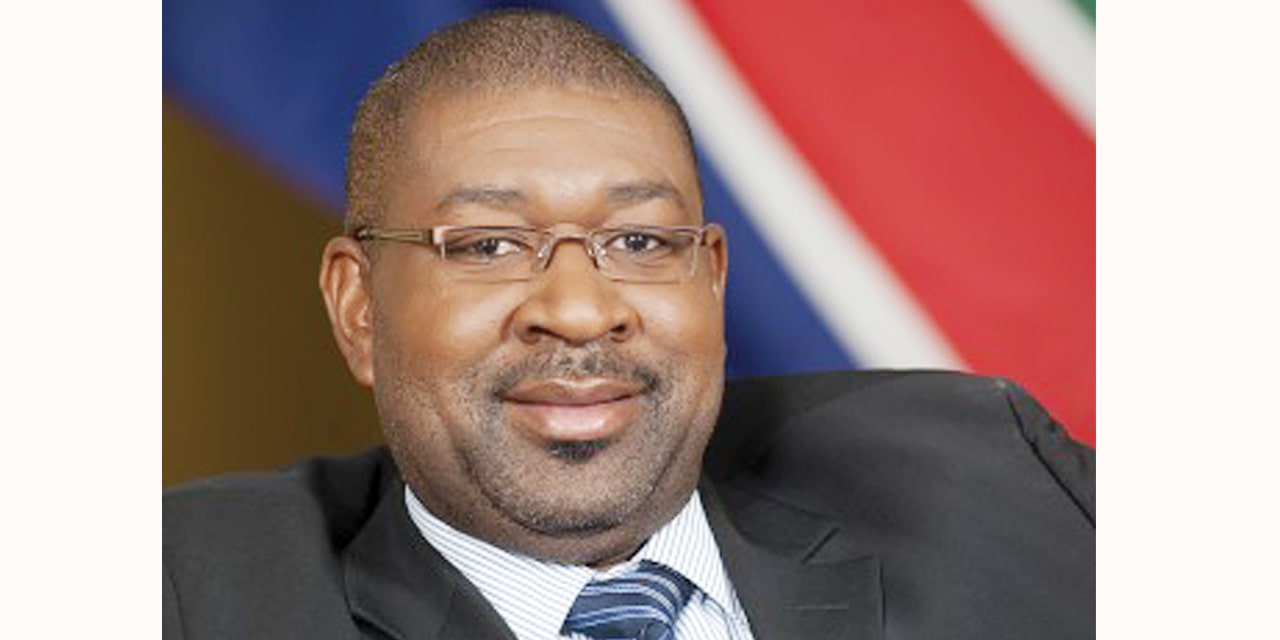Helena Johannes
Namibia Tourism Board Chief Executive Officer (CEO), Digu Naobeb, has revealed that income flow from the tourism sector is still very weak regardless of the opening of boarders and relaxed COVID-19 measures.
“The fact that the country has not seen much uptake by international travelers for holiday purposes is mainly driven by the fact that Namibia’s main source markets are going through a second wave after the borders were opened,” Naobeb said.
“Namibia will surely, for now, rely on domestic and regional tourism from our neighboring countries, particularly South Africa, who opened its borders, and Botswana is also about to open its borders as travelers from these two markets traditionally spend festive season at the coast.” Namibian opened its borders to tourists on the 3rd of August, 2020, in a bid to stimulate the tourism sector. However, the country recorded zero tourist arrivals a month later.
The Ministry of Home Affairs, Immigration, Safety and Security, however, opened four borders for both Namibian and international travelers. Naobeb said a new surge in Covid-19 cases and the reintroduction of travel restrictions in Namibia’s main source markets, has to a large extent halted travel to Namibia and contributed to international tourist arrivals to Namibia not picking up. “Also, with the announcement that the ITB Trade Fair, normally hosted in March every year in Berlin, Germany, was cancelled, the world of tourism had another wake-up call, that COVID-19 is setting a new reality for our industry,” said Digu.
The ITB trade fair is the world largest platform for the global travel industry, providing a unique opportunity to learn about different countries and regions in one place. The event was turned into a purely digital B2B event as part of measures to stop the spread of Covid19. “ITB will have a virtual version, which indicates another huge loss for the meeting industry, hotels, attractions transportation, event designers and so many other stakeholders relying on a giant event like ITB to pay their bills a second consecutive year. This will have a knock on effect, and as Namibian tourism industry must now vigorously become innovative to captivate tourist to travel to Namibia as part of the new normalcy,” he said.
Romel Muyunda, a Public Relation Officer in the Ministry of Environment , Tourism and Forestry, said government’s ultimate goal is to create a conductive environment for tourism to thrive, and the Ministry is yet to be informed by the sector if the regulations implemented are bearing fruits. “We want to believe that the Covid-19 relaxation measures helped, but the impact can only be felt by the private sector,” he said.
Muyunda said the last statistics recorded were for the pilot stage of the tourism revival initiative, which was between 11 September 2020 and 30 September 2020. “We have recorded a total of 294 tourist arrivals in the country within this period. Though the impact of Covid-19 was not measured in the country, but based on the fact that travelling sectors such as tourism were affected, the sector did not have usual revenue stream, and therefor a loss is projected for 2020.We have also recorded job losses, company closures; pay cuts which points out to income losses.”
“We believe the revival initiative was successful in giving confidence to foreign tourists that Namibia is a safe destination. However, the government will continue to monitor the situation as well as to engage the sector as we adapt to the new normal,” he said.
Muyunda called for tourism players to encourage domestic tourism as a survival mechanism. “We encourage initiative tourism products that speaks to the Covid19 situation, also the promotion of local or domestic tourists. Packages must be developed to enhance domestic tourism,” he said.




